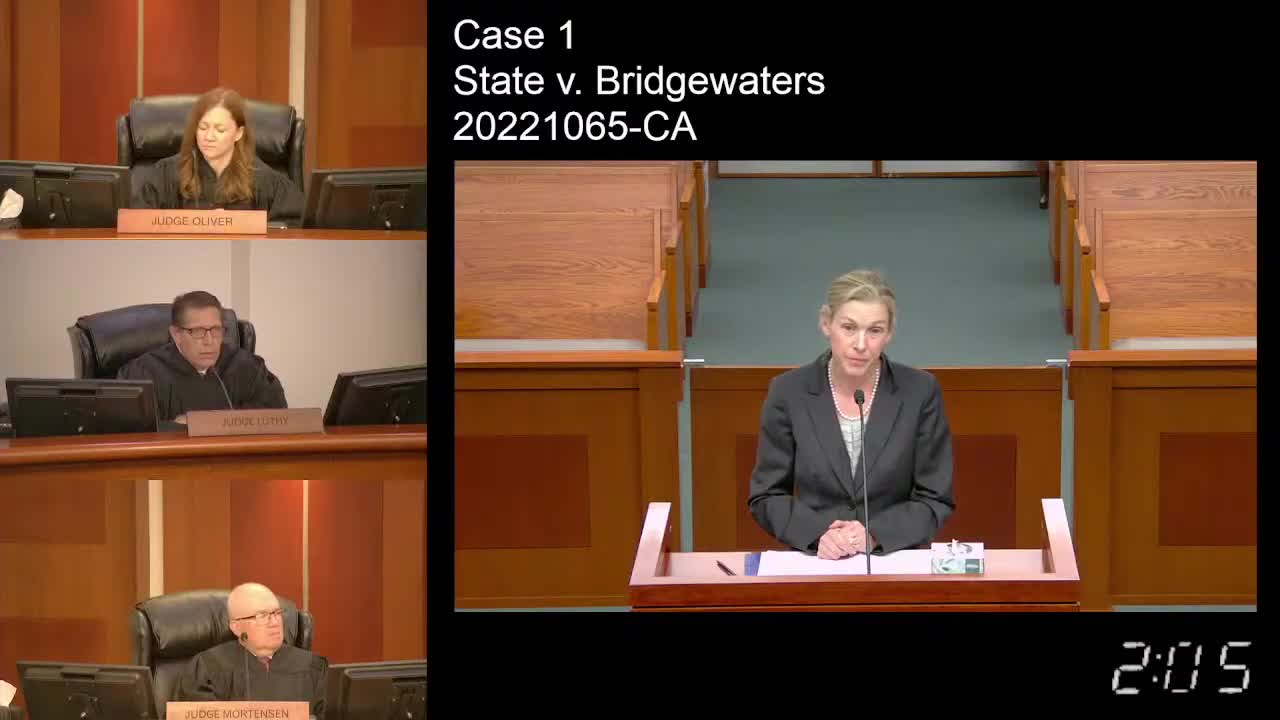Court Reviews Defendant's Self-Representation Rights Amid Delay Concerns
August 07, 2025 | Utah Court of Appeals Live Stream, Utah Appellate Court, Utah Judicial Branch, Utah
Thanks to Excel Chiropractic and Scribe from Workplace AI , all articles about Utah are free for you to enjoy throughout 2025!

This article was created by AI using a video recording of the meeting. It summarizes the key points discussed, but for full details and context, please refer to the video of the full meeting. Link to Full Meeting
During the hearing, the defendant expressed a clear desire to represent himself, stating multiple times that he did not want the representation of his attorney. This raised a critical legal question: whether the court had adequately assessed the defendant's ability to make this decision knowingly and intelligently. The judges noted that there was no explicit finding from the lower court confirming that the defendant understood the implications of waiving his right to counsel.
The court acknowledged that while the defendant's repeated requests to change counsel could be seen as a tactic to delay proceedings, it was essential to determine if he had been properly warned about the consequences of self-representation. The judges debated whether such a warning was necessary, ultimately concluding that existing case law did not mandate it in this situation. They emphasized that the defendant's history of delaying his trial for nearly five years complicated the matter, as it suggested a pattern of behavior rather than a straightforward desire to represent himself.
The judges also discussed the importance of evaluating the defendant's statements in the context of his overall conduct over the years. They noted that his inconsistent positions on representation raised doubts about whether he could unequivocally waive his right to counsel. This analysis is crucial, as it underscores the balance courts must strike between ensuring a defendant's rights and maintaining the integrity of the judicial process.
As the court deliberates on these issues, the implications extend beyond this single case. The discussions reflect broader concerns about the rights of defendants, the potential for abuse of self-representation, and the need for clear guidelines to protect both the accused and the judicial system. The outcome of this case may influence future rulings on similar matters, shaping how courts handle requests for self-representation in Utah and beyond.
Converted from 20221065- State v. Bridgewaters audio file meeting on August 07, 2025
Link to Full Meeting
Comments
View full meeting
This article is based on a recent meeting—watch the full video and explore the complete transcript for deeper insights into the discussion.
View full meeting

